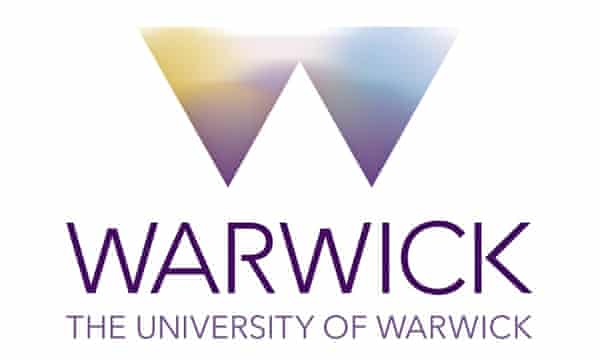University of Warwick International Lawyer Advocates Fairness in WHO Pandemic Treaty Negotiations
As the World Health Organization (WHO) pushes for countries to seal the Pandemic Treaty by May this year, researchers at the University of Warwick and Kings College London stress the need for fair negotiations.
The opinion piece, featured in PLOS Global Public Health journal, is led by Professor Sharifah Sekalala . The team highlights the importance of considering “Time Equity” in these talks, urging caution on setting deadlines and sharing the burden when time is tight.
Since COVID-19 hit, demands for health equity have echoed worldwide, sparking discussions on fair frameworks to tackle future crises. Negotiating the Pandemic Treaty stands out as a crucial step, aiming for fair vaccine distribution, accessible healthcare, and stronger health systems.
Unlike past agreements, urgency for the Pandemic Treaty has surged, with the WHO Director-General calling for swift action. But rushing poses risks, especially in fairly dividing time and resources among all involved. Low- and middle-income countries (LMICs) risk being sidelined, forced into a speedy process without their say.
Professor Sekalala warns against haste, noting LMICs’ challenges in such negotiations. Balancing speed with inclusivity is vital to protect everyone’s interests.
Professor Sekalala said: “LMICs face inherent challenges in multilateral treaty negotiations, stemming from resource inequities and knowledge asymmetries,”
“Balancing the need for expediency with inclusivity and transparency is crucial to safeguard the interests of all parties involved.”
As talks heat up, researchers suggest a fairer approach, viewing the May 2024 deadline as a chance for dialogue, especially for LMICs with limited representation.
Sekalala stresses on outcomes that benefit LMICs, like time-limited waivers on intellectual property and sustainable health financing. Prioritising these will make the Pandemic Treaty a tool for global health fairness.

